“Functional medicine customizes a wellness plan to suit your unique needs and circumstances.”
In the realm of healthcare, there’s often a discussion about functional medicine vs. conventional medicine. The key differences lie in the approaches each model takes to client care and wellness. Today, we’ll be shining the spotlight on functional medicine and exploring its unique, client-centered approach.

Explore the Client-Centered Approach in Functional Medicine
Functional medicine, unlike its conventional counterpart, takes a more holistic and personalized approach to healthcare. But what does this mean for you, the client? Let’s break it down:
Personality Matters
In functional medicine, your personal health history and lifestyle are just as important as your current symptoms. Color-coded charts and one-size-fits-all solutions take a backseat here. Instead, functional medicine practitioners like Dr. Stephen Cabral take the time to understand your unique health puzzle—be it chronic fatigue, unexplained weight gain, or frequent migraines.
Root Cause Resolution
Instead of simply treating the symptoms, functional medicine digs deeper in this client-centered approach to understand and address the root cause of the disease. Think of it like gardening: why just trim the weeds when you can pull them out from the roots?
Partnership Over Prescription
In conventional medicine, the doctor is often seen as the authority. In contrast, functional medicine fosters an equal partnership between you and your physician. You’re encouraged to take an active role in your health journey, whether that’s by making dietary changes, incorporating physical activity, or modifying your sleep habits.
Whole-Person Wellness
Functional medicine doesn’t just aim to get you out of the doctor’s office as soon as possible. Instead, it’s about achieving long-term wellness and improving your overall quality of life while your practitioner spends an ample amount of time with you getting to know your story, reviewing your case, and curating a custom fit plan just for you. So, whether you’re battling a chronic disease or simply want to feel more energetic, functional medicine could be the approach you’ve been searching for.
So, if you’ve ever wondered about the key differences between functional medicine vs. conventional medicine, remember this: functional medicine is focused on you as an individual. It’s not just about treating diseases—it’s about nurturing wellness.
Examine the Disease-Centered Focus of Conventional Medicine
Now that we’ve explored the client-centered approach of functional medicine, let’s pivot to its counterpart: conventional medicine. If functional medicine is a holistic symphony, conventional medicine is more like a solo performance. Let’s take a look at what sets it apart.
Symptom Suppression
If you’ve ever taken a pill to ease a headache or lower a fever, you’ve experienced the symptom-suppressing approach of conventional medicine. This model focuses on alleviating symptoms quickly, often through medication. While this can provide immediate relief, it doesn’t necessarily address the root cause of the issue. In essence, it’s more of a band-aid solution that fails to ask why this is happening in the first place.
Standardized Treatment
Conventional medicine tends to follow a more standardized approach to treatment. Think of it like following an instruction manual: if you show certain symptoms, you receive a particular treatment. This can be effective for acute conditions, but may fall short when it comes to complex, chronic diseases.
Specialization
Conventional medicine is well-known for its specialization. There’s a specialist for nearly every part of the body—cardiologists for heart issues, dermatologists for skin concerns, and so on. While this allows for in-depth knowledge in each area, it can sometimes lead to a disjointed approach to overall health.
Reactive, Not Proactive
Conventional medicine typically steps in once you’re already sick. It’s more reactive, dealing with health issues as they arise, rather than proactive, focusing on prevention and wellness.
As you can see, conventional medicine prioritizes efficient, standardized care. It’s great for emergencies and acute conditions, but may not always address the big picture of your health. When comparing functional medicine vs. conventional medicine, the key differences revolve around their approach to client care and wellness—where functional medicine empowers the client, conventional medicine often directs the patient. The choice between the two? That’s all up to you.
Functional vs. Conventional Medicine: The Long-Term Wellness Strategies of Both Approaches
So, we’ve unraveled the key differences in the approaches of functional medicine vs. conventional medicine. But what about when it comes to long-term wellness strategies?
Functional Medicine’s Long-Term Client-Centered Approach Strategy
Prevention
Functional medicine is all about prevention. It aims to empower clients to take control of their health and make lifestyle changes that can prevent dis-eases before they even start. This approach can save you from the endless cycle of doctor visits and prescriptions.
Lifestyle Modifications
Functional medicine encourages clients to make significant lifestyle changes. This could involve tweaking your diet, increasing physical activity, managing stress better, swapping out personal care items or safer options, or even adjusting your sleep routine.
Personalized Plan
Unlike conventional medicine’s one-size-fits-all style, functional medicine customizes a wellness plan to suit your unique needs and circumstances. It’s not generic—it’s tailor-made for you.
Conventional Medicine’s Long-Term Strategy
Management
Conventional medicine often focuses on managing chronic diseases rather than preventing them. This usually involves long-term medication and routine check-ups.
Standardized Care
While functional medicine might change your diet or lifestyle, conventional medicine tends to stick with the standard medical playbook—medications and surgical interventions.
In the end, the choice between functional medicine vs. conventional medicine comes down to your personal health goals and preferences; it’s all about finding the approach that resonates with you and supports your journey towards optimal health. And remember, it’s not a competition—it’s about finding the harmony between both approaches to make your health sing.
Do you want to learn how to approach health from a functional medicine point of view? Schedule a call with an admissions counselor from the Integrative Health Practitioner Institute today!












